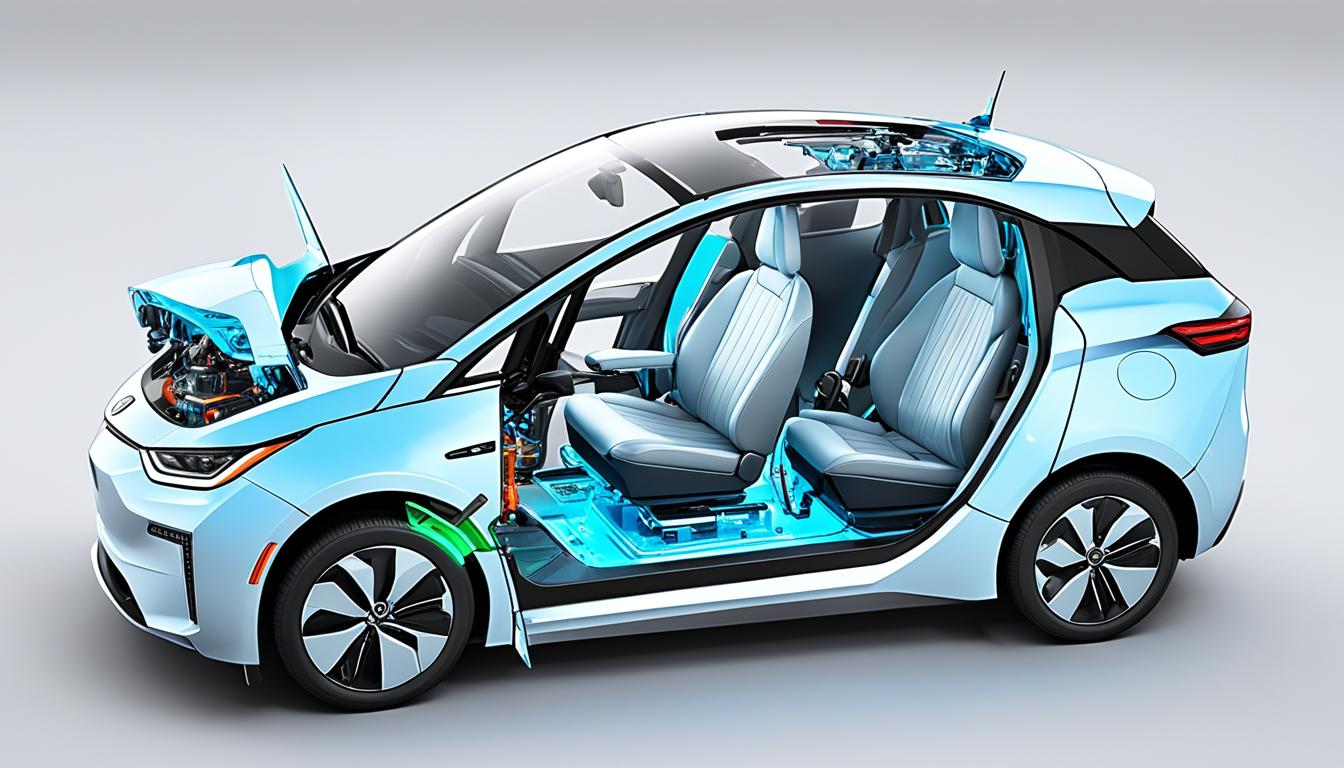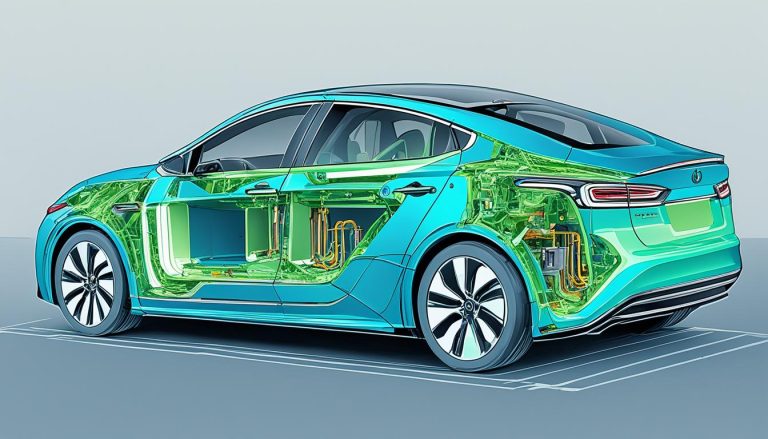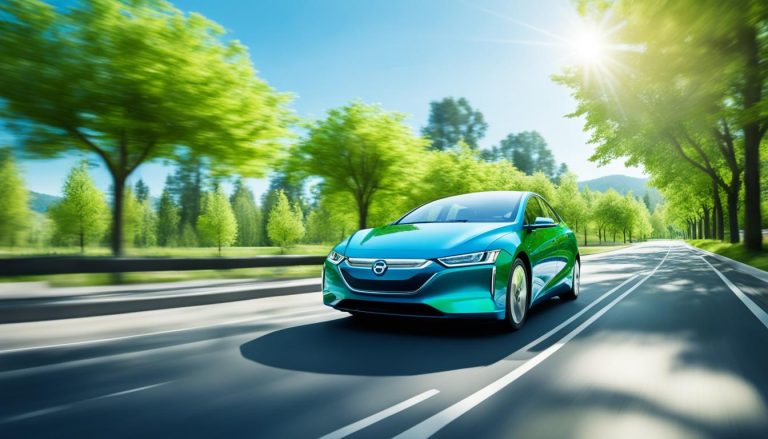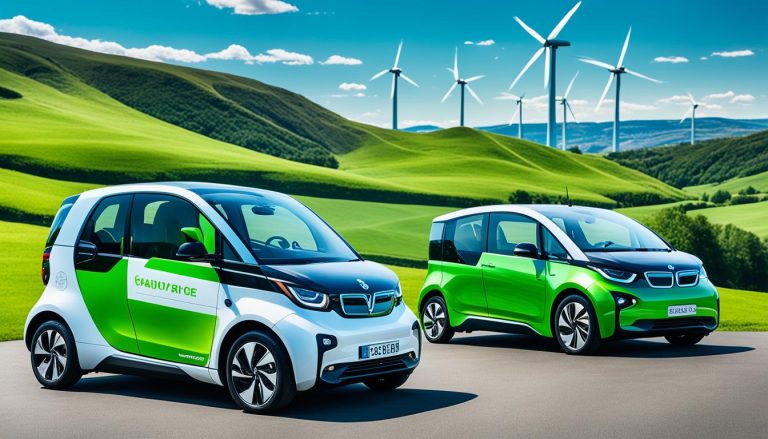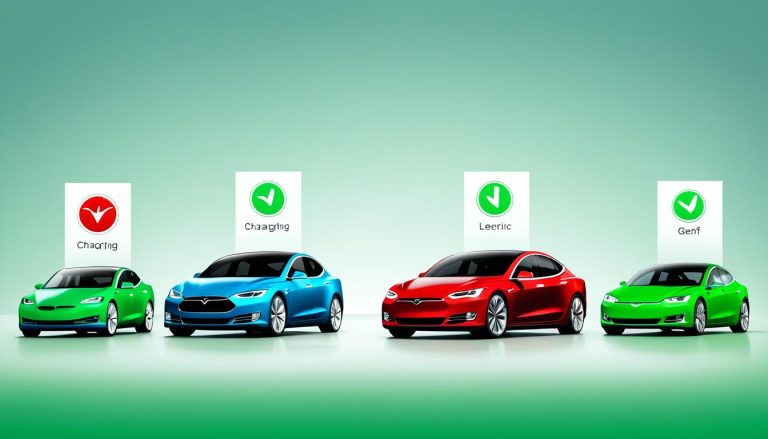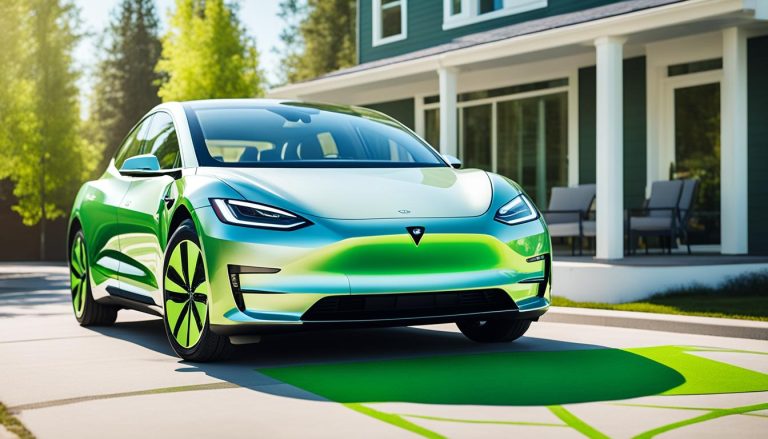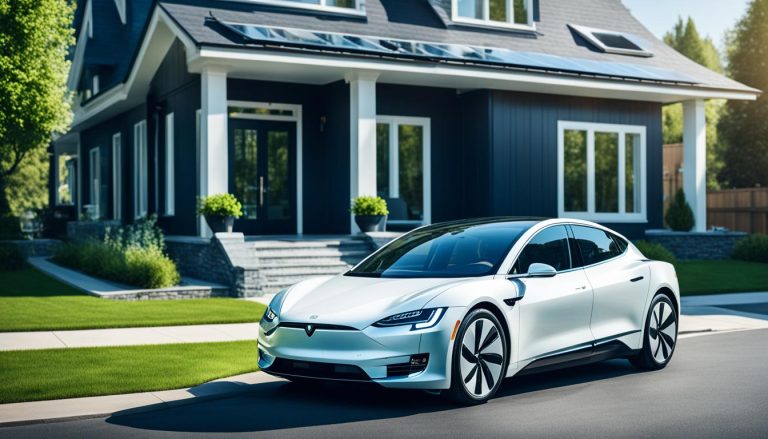Which Type Of Battery Is Most Used In Hybrid Electric Vehicles?
In the world of hybrid electric vehicles, choosing the right battery is crucial for optimum performance and sustainability. So, which type of battery is the most used and preferred choice for these eco-friendly cars? Let’s find out!
Hybrid electric vehicles (HEVs) have gained popularity due to their ability to combine the benefits of both gasoline engines and electric motors. This unique combination enables HEVs to achieve improved fuel efficiency and reduce emissions, making them the preferred choice for environmentally conscious drivers.
When it comes to batteries, the most commonly used type in hybrid electric vehicles is the lithium-ion battery. These batteries have become the go-to choice for manufacturers and consumers alike due to their numerous advantages.
So, what sets lithium-ion batteries apart? Their superior energy density allows HEVs to travel longer distances on a single charge, maximizing their electric driving range. Additionally, lithium-ion batteries have a longer lifespan compared to other battery types, making them a reliable choice for hybrid vehicle owners.
Lithium-ion batteries also offer enhanced safety features, reducing the risk of accidents or malfunctions. This attribute adds another layer of confidence for consumers, further solidifying their position as the most preferred battery choice in hybrid electric vehicles.
In the next sections, we will explore other battery types for hybrid electric vehicles, including nickel-metal hydride batteries and other emerging technologies. We will examine the advantages and limitations of each type, providing a comprehensive overview of the advancements in battery technology for future hybrid electric vehicles.
Stay tuned for the next section, where we delve deeper into the details of lithium-ion batteries and why they are the preferred choice for hybrid electric vehicles.
Lithium-Ion Batteries: The Preferred Choice for Hybrid Electric Vehicles
In the world of hybrid electric vehicles, lithium-ion batteries have emerged as the preferred choice for manufacturers and consumers alike. These advanced batteries offer a range of benefits that make them the go-to option for powering eco-friendly cars.
One of the key advantages of lithium-ion batteries is their superior energy density. Compared to other battery types, such as nickel-metal hydride batteries, lithium-ion batteries can store more energy in a smaller and lighter package. This high energy density allows hybrid electric vehicles to travel longer distances on a single charge, making them more practical and efficient for everyday use.
Additionally, lithium-ion batteries have a longer lifespan compared to their counterparts. With proper care and maintenance, these batteries can last for several years, providing consistent performance over time. This increased durability not only translates to cost savings for consumers but also reduces the environmental impact associated with battery replacement and disposal.
Furthermore, lithium-ion batteries are equipped with advanced safety features that enhance the overall reliability of hybrid electric vehicles. These safety mechanisms, such as thermal management systems and protection circuits, help prevent overheating, short circuits, and other potentially hazardous situations. As a result, lithium-ion batteries offer a higher level of safety for both the vehicle occupants and the surrounding environment.
“The superior energy density, longer lifespan, and safety features of lithium-ion batteries make them the ideal choice for hybrid electric vehicles.” – Robert Green, Battery Expert
As the demand for hybrid electric vehicles continues to grow, manufacturers are investing heavily in research and development to further improve lithium-ion battery technology. Ongoing advancements aim to enhance energy storage capacity, reduce charging times, and increase overall efficiency, bringing about even greater benefits for consumers.
| Benefits of Lithium-Ion Batteries for Hybrid Electric Vehicles | Description |
|---|---|
| Superior Energy Density | Lithium-ion batteries offer a higher energy density compared to other battery types, allowing for longer driving ranges. |
| Longer Lifespan | With proper care, lithium-ion batteries can last for several years, reducing the need for frequent replacements. |
| Advanced Safety Features | Lithium-ion batteries are equipped with safety mechanisms to prevent overheating and other hazardous situations. |
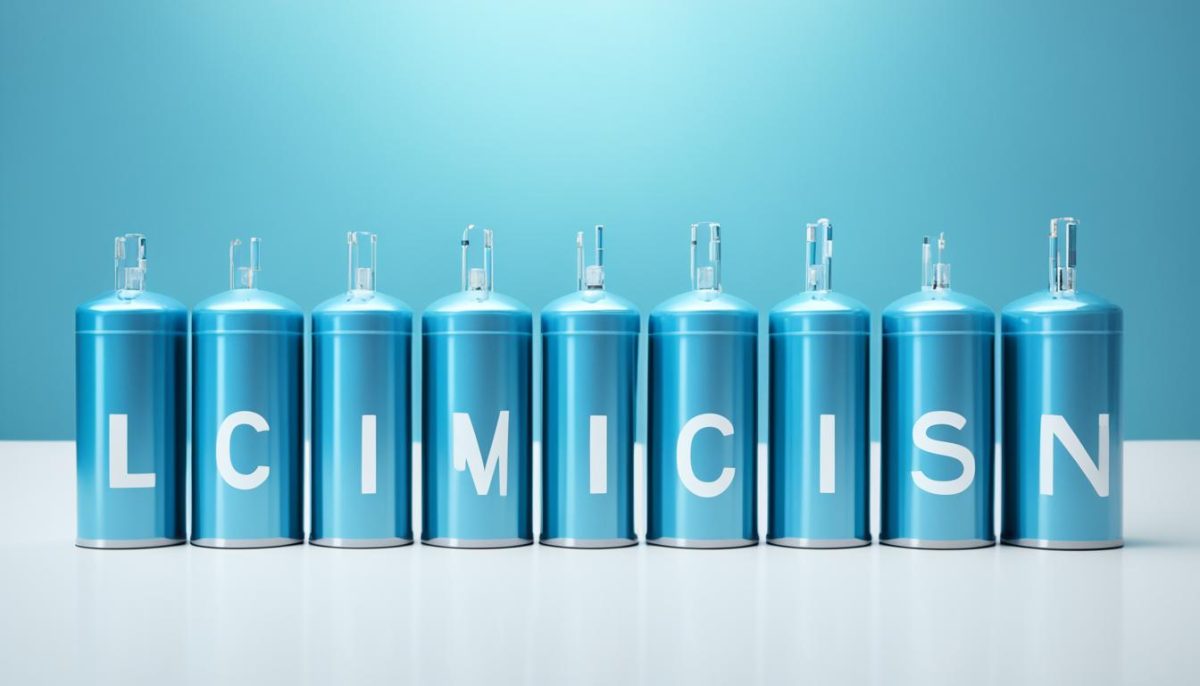
Nickel-Metal Hydride Batteries: An Alternative for Hybrid Electric Vehicles
In the world of hybrid electric vehicles (HEVs), lithium-ion batteries have taken center stage as the preferred choice for powering these eco-friendly cars. However, there exists another alternative that has been utilized in certain hybrid models due to specific performance requirements or cost considerations—the nickel-metal hydride battery.
Nickel-metal hydride (NiMH) batteries have been around for decades and were commonly used in early HEVs before the rise of lithium-ion technology. While they may not offer the same energy density as their lithium counterparts, they still provide a reliable and efficient power source for hybrid vehicles.
One advantage of NiMH batteries is their lower production cost, making them a more affordable option compared to lithium-ion batteries. This cost-effectiveness has made them a viable choice for manufacturers looking to offer hybrid models at a more accessible price point.
Additionally, NiMH batteries have a proven track record of safety and reliability. They are less prone to overheating and have a lower risk of thermal runaway compared to lithium-ion batteries, giving consumers peace of mind when it comes to the performance and longevity of their hybrid vehicles.
However, it’s important to note that NiMH batteries do have some limitations. Their lower energy density means that they store less energy, resulting in a shorter driving range compared to vehicles equipped with lithium-ion batteries. This can be a significant factor for consumers who prioritize long distances or extended driving without relying on the internal combustion engine.
Furthermore, NiMH batteries have a shorter lifespan compared to lithium-ion batteries. Over time, their capacity for holding a charge diminishes, requiring more frequent battery replacements. While this may be a consideration for some consumers, it’s important to weigh the overall cost and sustainability benefits of utilizing NiMH batteries in hybrid electric vehicles.
In conclusion, while lithium-ion batteries dominate the hybrid electric vehicle market, nickel-metal hydride batteries continue to serve as a reliable and cost-effective alternative. With their proven safety record and lower production costs, NiMH batteries offer a viable option for certain hybrid models. As battery technology continues to evolve, it will be interesting to see how these alternatives further develop and contribute to the future of eco-friendly transportation.
Other Battery Types for Hybrid Electric Vehicles
While lithium-ion and nickel-metal hydride batteries dominate the hybrid electric vehicle market, other battery types have also been used or experimented with to power these eco-friendly cars. Let’s explore some of these alternative options:
Lead-acid batteries: Lead-acid batteries have been used for decades and are known for their affordability and reliability. However, they have lower energy density and shorter lifespan compared to lithium-ion batteries, making them less suitable for long-range hybrid electric vehicles.
Solid-state batteries: Solid-state batteries offer the potential for higher energy density and faster charging times compared to lithium-ion batteries. These batteries use solid electrolytes instead of liquid electrolytes, which improves safety and reduces the risk of thermal runaway. Although still in the research and development stage, solid-state batteries hold promise for future hybrid electric vehicles.
Hydrogen fuel cells: Hydrogen fuel cells produce electricity by combining hydrogen and oxygen, emitting only water as a byproduct. While not technically a battery, hydrogen fuel cells can power electric motors in hybrid electric vehicles. They offer longer driving ranges and shorter refueling times compared to traditional batteries, but face challenges related to infrastructure and cost.
As advancements in battery technology continue, hybrid electric vehicles may benefit from further improvements in energy density, lifespan, affordability, and environmental sustainability. Manufacturers and researchers are constantly exploring different battery chemistries and designs to enhance the performance and efficiency of these vehicles, ultimately contributing to a cleaner and greener future.

